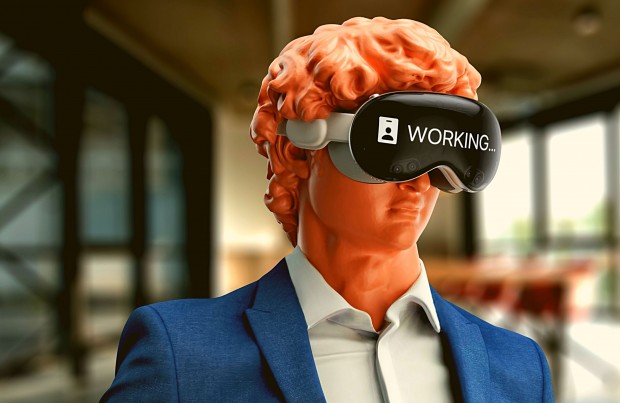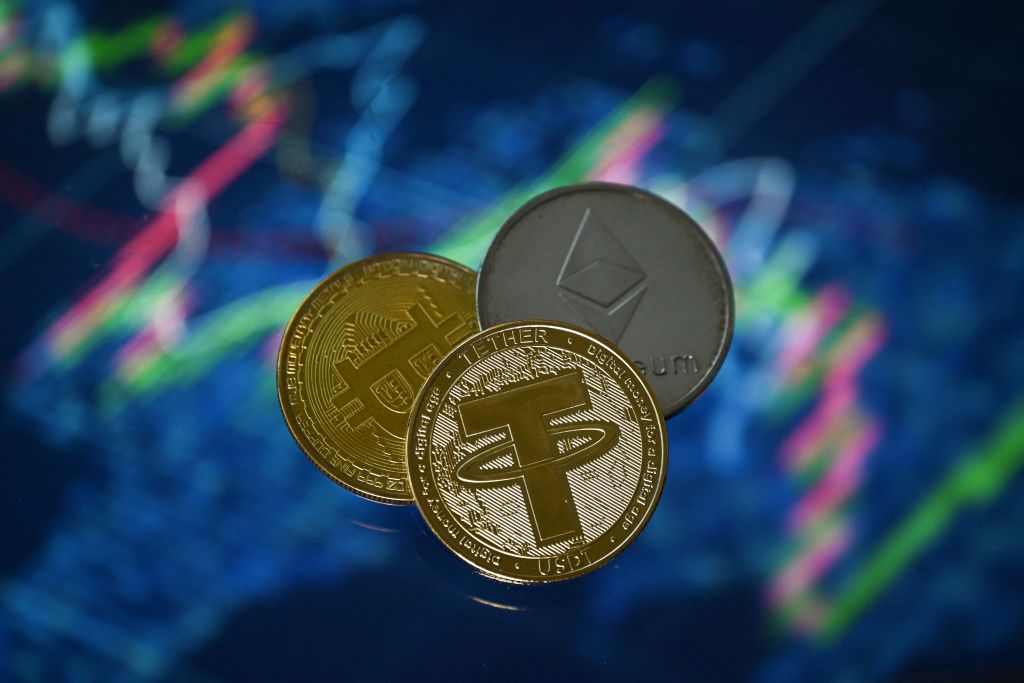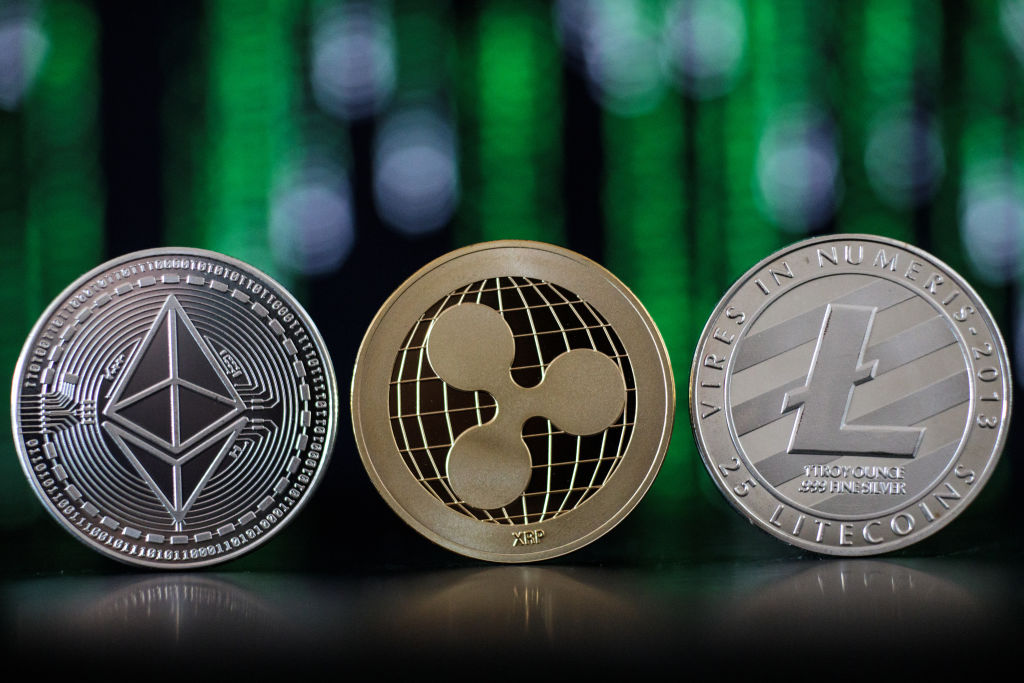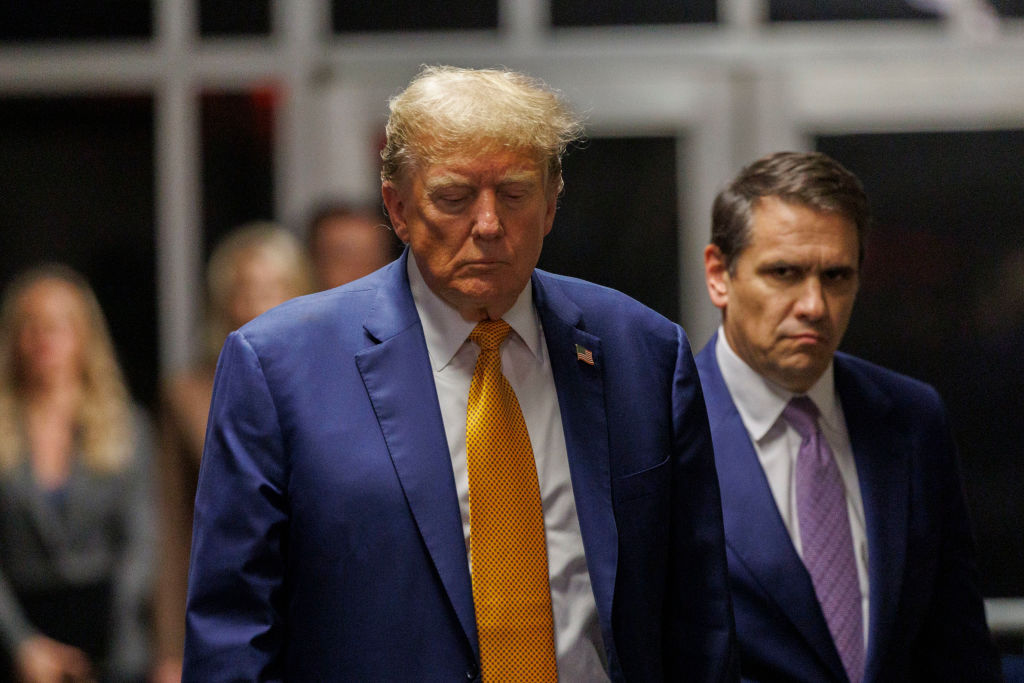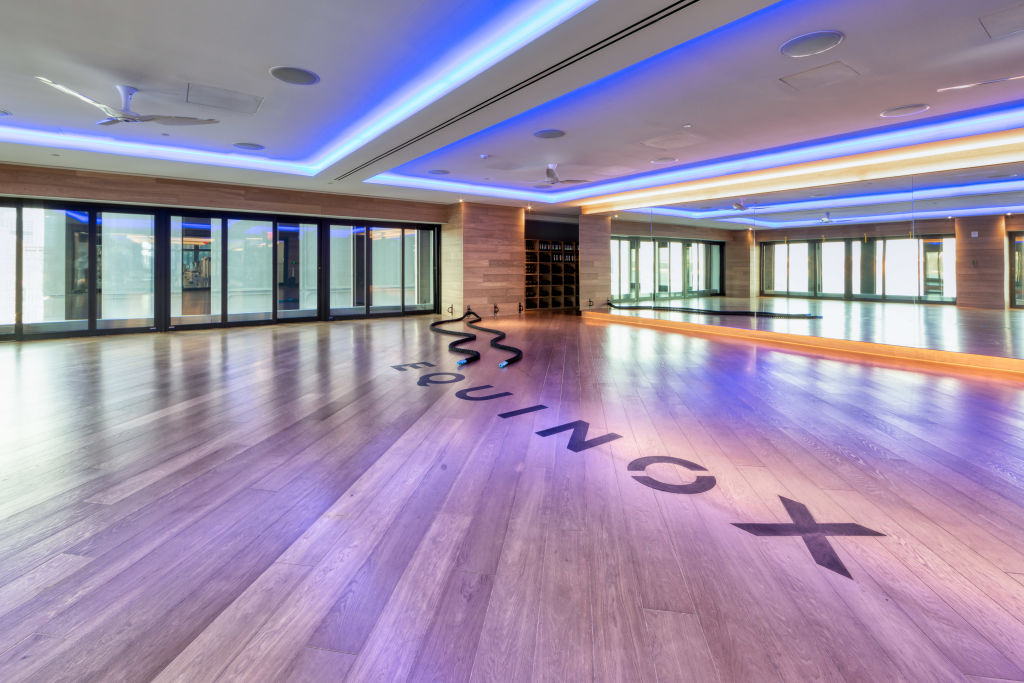How to Profit From the Coming AI Boom
Although it has been hit with a lot of buzz and hype, AI is a 5 to 10-year growth story, perfect for a mid-20s drowning-in-debt burnout... or anyone really.
Like a psychedelic trip, AI promises a kaleidoscopic future, full of vivid, strange and thrilling possibilities. It's a slow-burning fuse, not an explosion. A marathon, not a sprint.
Here are the AI winners that we're betting on for the long haul.
This is the Apple of AI
"The computer industry is going through two simultaneous transitions - accelerated computing and generative AI." - Jensen Huang, CEO of NVIDIA
As more companies stake their fortunes on AI, they'll need the right graphics cards designed for AI's heavy lifting. Today, Nvidia fills that void. But this is leading their stock price to spiral into the realm of lunacy.
Ask yourself: how does one peg the worth of such a thing as a stock?
Well, to use round numbers, Nvidia made $10 billion in 2022 and is worth $1.06 trillion today. So the question becomes would you shell out $1.06 trillion for a company that only coughs up $10 billion?
This means Nvidia must not merely do well, or very well. To meet the market's expectations, they must outpace all others by a wide margin. A single quarter of "good," but not "exceptional" performance could send the stock price tumbling down.
But I still believe it's one of the best long-term investments of our generation and others like tech analyst and CEO of the I/O Fund Beth Kindig thinks Nvidia is the Apple of AI.
"Investing in technology has been very consumer-driven and will now be very enterprise-driven with Nvidia leading the way. " - Beth Kindig
Nvidia will continue to grow for the next decade, though, like all things, not without interruptions. I'm waiting for a price correction before investing any more in it. It's like Warren Buffett says, "Wait for the hype to last six months until it reaches an all-time high, then buy."
Strike that. Reverse it.
Possibly the Best AI Investment Available
"It has become abundantly clear, certainly with the adoption of generative AI in the last year, that this [industry] has the space to grow at an incredibly fast pace. We're looking at 50% compound annual growth rate for the next five-plus years, and there are few markets that do that at this size when you're talking about tens of billions of dollars." - Lisa Su, CEO of AMD
If Nvidia's playing the role of Apple in this AI circus then AMD is Android - a bit rough around the edges, but still in the game.
Nvidia's H100 graphics card is the most sought-after AI product with production sold out until 2024, but AMD's Instinct MI300 is a close rival in terms of power. AMD is also the only game in town with a robust GPU and CPU portfolio, which allows them to close the AI gap.
Rumor has it that FAANG is lining up for MI300s, including Meta (I guess VR didn't work out), Microsoft's Azure, and Amazon's AWS. Azure is already one of AMD's biggest clients and just announced they are building the world's largest supercomputer with AMD.
The drawback is that Nvidia is a generation ahead of AMD in most AI and high-performance computing applications. But if AMD could snatch just a fifth of that market share, it'd be like hitting the jackpot.
TSMC: Foundational Layer of AI
Now ask yourself, again: If Taiwan is so important because of the semiconductor and microprocessor industry, why doesn't the US build its own fabs (aka microchip fabrication plant)?
Spending billions on local fabs would pay off in the long term - so why don't we?
Well, you can ask it another way: If f35s are so overpowered, why doesn't China just build their own?
It takes time, expertise, and massive amounts of capital to build a state-of-the-art semiconductor plant. And even then, semiconductor fabrication is a messy and dirty industry that is on par with the old heavy industry that was commonplace in the Rust Belt.
There are also accusations from Taiwan Semiconductors workers that Americans are "lazy" and can't handle a plant. I also doubt that with all the environmental obligations the US is in they would ever allow heavy industries to take place again in this country.
Despite all this, Taiwan Semiconductors is a screaming buy.
They alone are trusted by Apple, Nvidia and many tech and AI brands. The geopolitical risk of a war with China exists, but it always will.
Blade Runner
Artificial intelligence is projected to revolutionize the global economy, enhancing productivity and competitiveness at rates never before seen. The market will decide how valuable it is, just like it has for centuries.
And although there's fear of jobs lost: if robots are doing everything hard, the cost to do anything plummets.
I don't have time to give you an entire lesson on micro and macroeconomics. But research luddites to understand that people have been crying over technology for hundreds of years, yet here we are, exponentially better as a society for it.
Unless that is you believe in the psychological erosion of the human spirit, which, yeah, it could be true. This guy seemed to think so.
So, I'm optimistic. But if we end up in a Blade Runner-esque post-apocalyptic cyberspace nightmare, well, I'm also not entirely against it either.
Related Article: Wall Street Gets Shaken: First-Ever Major Bank Unionization Vote Rocks Wells Fargo
The team at The MoneyTimes consists of passionate financial enthusiasts, but it's important to clarify that we are not certified financial advisors. While we strive for accuracy and present information based on thorough research, we strongly recommend that readers conduct their own independent research and consult a professional financial advisor before making any investment decisions. Nothing contained in this publication should be interpreted as investment advice.

